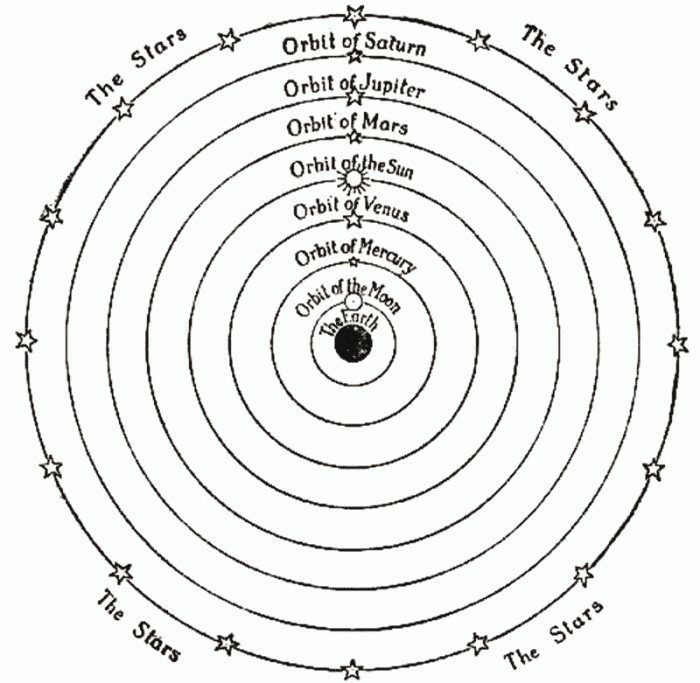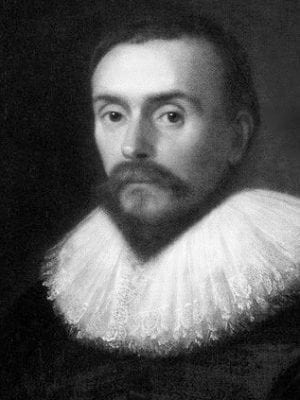Date Written: 12/2/2021
Questions: (1) What was the Ptolemaic-Aristotelian view of the universe, and how did Copernicus, Kepler, Galileo, and Newton undermine it and institute an alternative?
(2) Explain the significance of the person you read about for Lesson 48 in 100 words.
(3) Describe the main ideas we associate with the Enlightenment.
The Scientific Revolution
For thousands of years our ancestors believed in the Ptolemaic-Aristotelian view of the universe. That taught that all orbits were perfectly circle, that all stellar bodies were perfect spheres, and that the Earth was at the center of the universe and everything orbited around it. It wasn’t until the Scientific Revolution that this started to get disproved.

The person who started it all was Copernicus. He proposed that the sun was at the center of the universe not the Earth. He said it makes for mathematical sense for it to be that way. Then there was Kepler. He proved that all orbits were elliptical not circular. Galileo was probably the most influential person in disproving the Ptolemaic-Aristotelian model. He observed that the moon has hills and craters therefore disproving the claim that all stellar bodies are spherical. He found moons orbiting Jupiter, further disproving that the Earth is at the center of the universe.
This also refuted the Ptolemaic-Aristotelian’s argument that if the Earth was orbiting the sun, it would leave its moon behind because clearly Jupiter is moving and it’s not leaving its moons behind. Newton also helped refute this with his discovery of gravity. These four men were the pioneers in discovering how we look at the universe today.
William Harvey’s Role in the Scientific Revolution

An influential man in the Scientific Revolution was William Harvey. He was the first to discover that our blood circulates around our entire body and that our heart is like a pump. This was very controversial for the time because this was not the common view. He therefore committed many years to doing experiments to have sufficient proof for his new theory, before he released his work in his document “Anatomical Exercise on the Motion of the Heart and Blood in Animals.” He is the one responsible for discovering what our heart truly does.The Enlightenment
The Enlightenment
The age of the Enlightenment was a popular intellectual and philosophical movement in the 17th and 18th centuries. Much like how we think today they put an emphasis on using reason to obtain knowledge instead of theology. They thought that people shouldn’t rely so heavily on ancient classical sources for knowledge like Aristotle. They had a more optimistic view of human nature. Most religions and people at the time thought that humans were inherently sinful due to their nature. Despite all this, they still believed in religion if only to keep the unruly masses morals in check. These ideas of the Enlightenment were some of the first signs of the coming of the modern age.
Leave a Reply